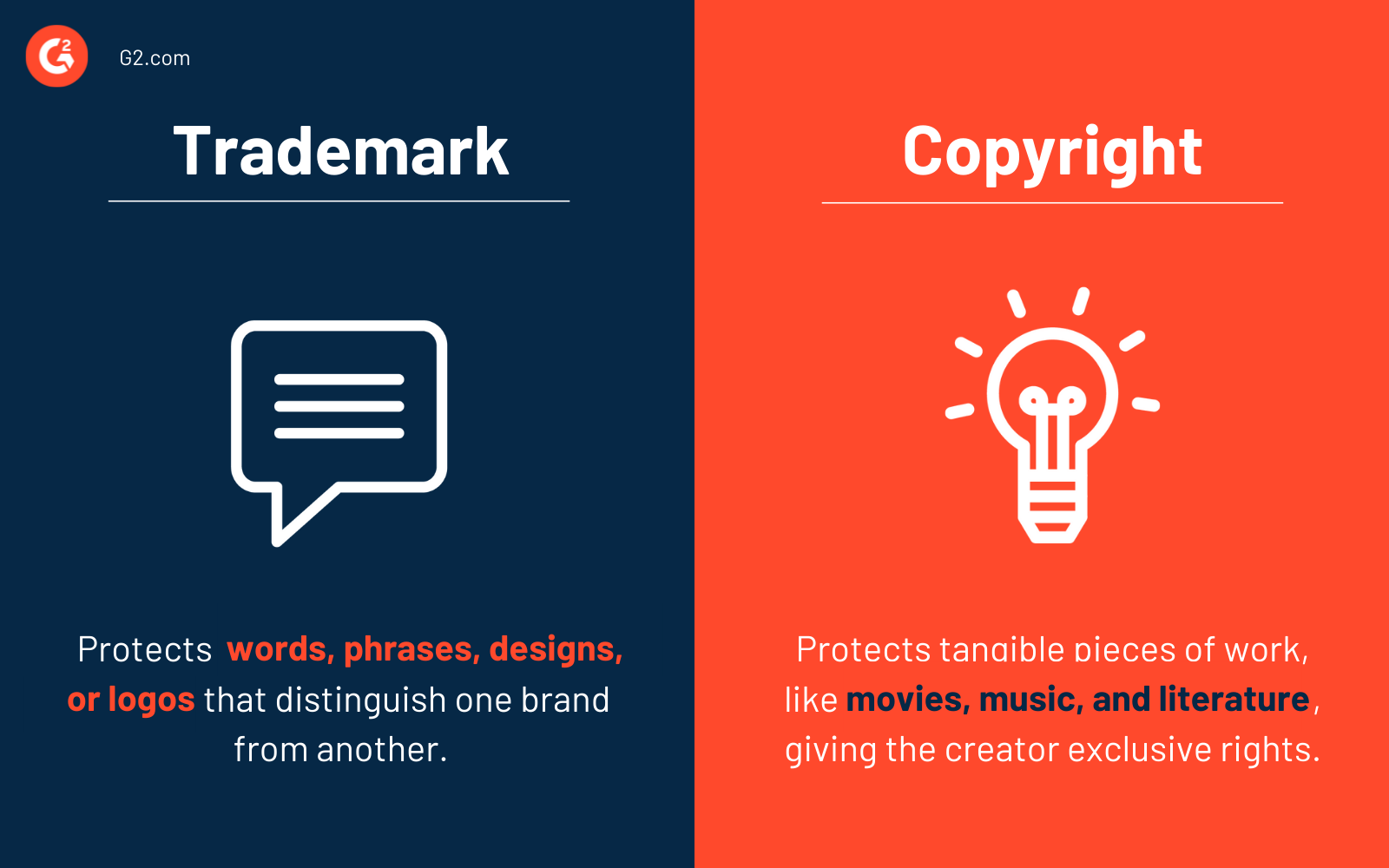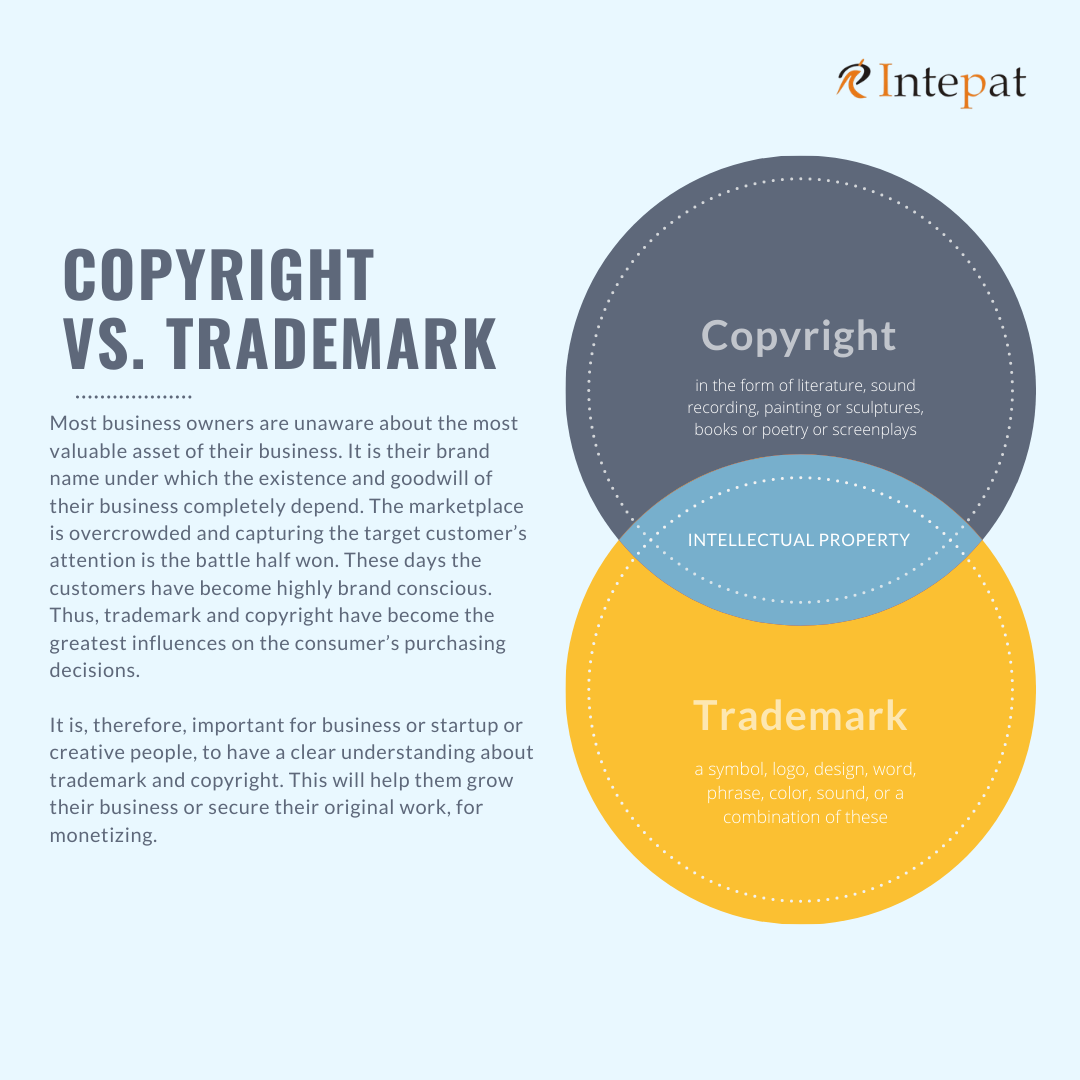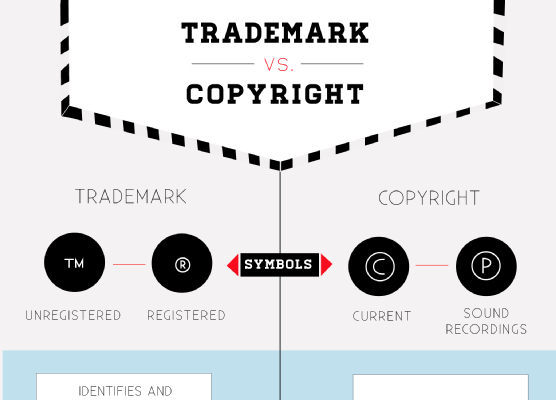
Understanding the Trademark Registration Process and Common Challenges
Navigating the trademark registration process can be like steering a ship through foggy waters. It's complex, filled with legalities that could confuse even savvy business owners! But don't fret; while it might seem daunting at first, with a little patience and attention to detail, you'll get the hang of it in no time. So where does one start? Well, first things off, you've got to have a unique mark that represents your brand or product (now isn't that obvious?). This mark could be anything from a catchy logo to an unforgettable phrase. The key here is originality; if your mark's too similar to an existing one, chances are you're gonna hit a wall right from the get-go. Once you've settled on your mark (and crossed your fingers it’s as unique as you think), it's time to dive into some research. You wouldn't believe how many folks skip this step only to find out later that their so-called "original" mark has been registered by someone else—talk about frustrating! Now comes the part where most people feel their spirits dampen—the application itself. Oh boy, does this thing require accuracy! A tiny mistake
read more
Copyrights and Trademarks as Intellectual Property (IP)
If you’re a new entrepreneur , it can be complicated to get a handle on all the information you need in order to protect your business and your intellectual property. If you’re feeling overwhelmed about intellectual property protection, don’t worry because you’ve come to the right place. Both copyrights and trademarks can be a valuable business asset to protect you against intellectual property theft. In this article, we’ll explain everything you need to know about copyrights and trademarks, including the difference between the two and how each protects your business. Intellectual property protection is especially helpful for entrepreneurs trying to establish a brand presence. To fully safeguard your brand’s identity, it’s important to know when to use trademarks vs. Copyrights. Since copyrights don’t apply to titles, you need trademarks if you want to protect brand and product names. Furthermore, trademarks must be applied for, while copyrights are technically automatic. However, it’s still helpful to register a copyright for creative works, which publicly registers you as the owner and gives you a stronger legal claim in case someone uses your creations without permission. Once you understand the differences, you can take proactive actions to protect the brand and the products
read more
Trade Secrets vs. Copyright
The business of starting and running a company is one of most challenging, difficult, and rewarding undertakings a person can confront. The day-to-day effort required to design, produce, market, and sell a successful product or service leaves little time or energy for learning applicable law, especially a highly demanding and specialized area of the law like intellectual property (ip) law. There are, however, some basic concepts that can clarify why ip protection adds significant valve to your company, especially in the eyes of investors. The four most common forms of ip protection are patents, copyright, trademarks, and trade secrets. Works Protected By Copyright Like other celebrities, pop megastar taylor swift has an extensive collection of registered trademarks and copyrights. Taylor swift® was registered in 2007, one year after her debut album was released. Though names are typically not able to be registered with the uspto, celebrities often make the case that their famous name, in connection to official merchandise, should be protected from infringement. Swift’s usage of trademarks for her name, initials, signature, album titles, and even some particularly popular lyrics offers her brand security and exclusivity. Her actual music, however, is not trademarked. Music,
read more
What Is the Difference Between Trademark and Copyright?
The best way to protect a copyright is to register it with the u. S. Copyright office, which is part of the library of congress. Registration is optional but highly recommended because it comes with more legal protections. Copyright registrations are granted by the u. S. Copyright office. Pro tip: after applying to the copyright office, you should consider adding a copyright notice to your work. It is not a requirement but is a good practice because it shows that you own the creative work and deters others from using it without permission. Part iii. Trademark vs. Copyright now that we know a bit about trademarks and copyrights, let’s look at the key differences between them. A trademark and a copyright have similarities and differences. Both are legal protections for intellectual property, but not of the same kind. Different material intellectual property that can be trademarked cannot be copyrighted. Intellectual property that can be copyrighted cannot be trademarked. For example, a company can trademark its name and logo and copyright its videos and books. There are a few exceptions that can be protected by both a trademark and a copyright. A logo is one example of this because it is
read more
Trademarks vs. copyrights: Which one is right for you?
Intellectual property can be a tricky field to understand, but navigating it properly can mean the difference between waging a vicious court battle to protect your legal interests and quietly enjoying the fruits of your creative labors. Two of the most frequently confused intellectual property rights are copyrights and trademarks. If you are in the business of creating unique goods for placement in the stream of commerce, it is essential that you understand the difference between the two. Copyrights and trademarks are both forms of intellectual property. , which is a mental creation that has value to a business. In addition to copyrights, trademarks, and service marks, intellectual property includes patents. From an accounting standpoint, because this intellectual property has value, it is considered an intangible asset (with no physical form) and ip can be bought and sold, or its use can be licensed, (sold to someone to use it). Copyrights and trademarks defined Trademark and copyright are both forms of intellectual property, which can be defined as intangible assets, in other words, creations of the mind—such as inventions, literary and artistic works, designs, symbols, names and images used in commerce. When it comes to intellectual property
read more